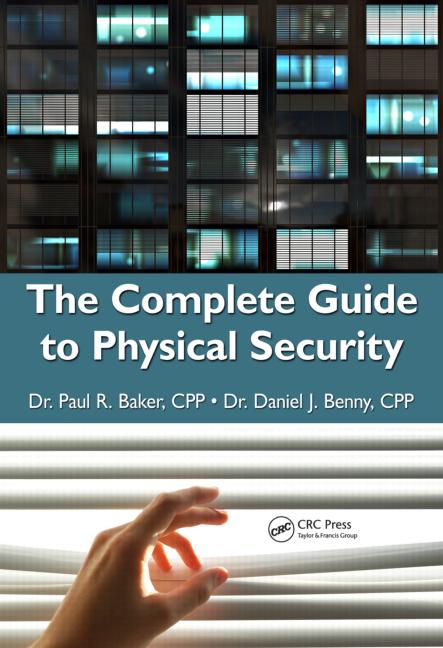An interesting case appeared before the U.S. Court of Appeals for the Second Circuit, which confused everyone. The case ended up in appellate court after the district court granted summary judgment in favor of the defendant on breach of contract claims relating to its failure to pay to the plaintiffs’ prevailing wages for testing and inspection work they performed.
The case was brought by workers who maintained, repaired, tested and inspected fire alarm and suppression systems in public and private buildings in New York. They claimed that the defendant did not pay them “prevailing wages” for their labor on “public works” in violation of New York Labor Law (NYLL) Section 220.
On appeal the court pointed out that the case raised two questions in New York State law that were unsettled and their importance to the relationship between the state’s administrative agencies and its courts, as well as to the functioning of New York’s labor laws. 1.) Should a court give deference not only to an agency’s substantive interpretation of a statute arising from an unrelated proceeding, but also to its decision to enforce that interpretation only prospectively. 2.) Whether contracts permitting parties to pay prevailing wage pursuant to Section 220need to specify . . . when the scope of the statute’s coverage is unclear to the parties . . . what particular work the prevailing wages will be paid for.
During the court case, the defendant requested clarification from the Department of Labor (DOL), specifically requesting the views of what work was “covered” by the statute and therefore entitled to the payment of prevailing wages and what work was not. In the matrices, testing and inspection work was not listed as covered. The DOL posted the matrices on its website. Subsequently the commissioner of the DOL ordered the matrices removed and issued an opinion letter including that testing and inspection work was “covered” under Section 220and entitled to payment of the prevailing wage. The commissioner stated there had been “much confusion” as to whether it had earlier interpreted testing and inspection work as being covered, and decided to enforce its decision prospectively only.
On appeal, the court pointed out that this was an issue that had not been addressed by the appellate court and the limited precedence in New York courts did not tell how state law would resolve it. The court stated that the district court, in denying the defendant’s motion for summary judgment on the non-testing and inspection claims, concluded that at least some of the relevant contracts did expressly bind the defendant to pay prevailing wage.
The court stated that it was uncertain as to whether this approach was correct under New York law, and therefore ordered the matter to be transferred to the clerk of the appellate court, and indicated that once the court had received the benefit of the views the court, it would retain jurisdiction to decide the case. To date, the case is unresolved. The lesson here? When dealing with any fire systems, there should be a clear determination before the work is commenced as to what portion, if any, is not covered by the prevailing wage law in the state.
READERS ASK
Q: We are in the business of installing servicing and monitoring burglar alarm systems. We have just been requested to install a backbone system for a substantial shopping center. The owner has requested us to install the system and he is prepared to sign a contract. Once the individual tenant moves in, do we require a separate contract for each of the tenants who we provide the service for? We have been instructed to install a functioning alarm system in each of the individual tenant locations.
A: If you are going to provide security service for each of the tenants, then I would suggest that you get a separate contract for each tenant. Keep in mind that if your contract contains a limitation of liability provision or a third party indemnification, the individual tenant will not be a party to the contract if the individual tenant has not signed the contract. If there is a problem and the tenant files a lawsuit against you, you cannot assert the limitation of liability provision against the tenant as he or she is not a party to the contract. You can, of course, seek an action for indemnification against the owner, if in fact there is an indemnification provision in your contract with the owner, however, you will still have to defend the lawsuit against the tenant. My suggestion is that you do not provide the service for the individual tenant unless and until the individual tenant signs your contract.
To ask Les Gold a question, e-mail sdm@bnpmedia.com.






